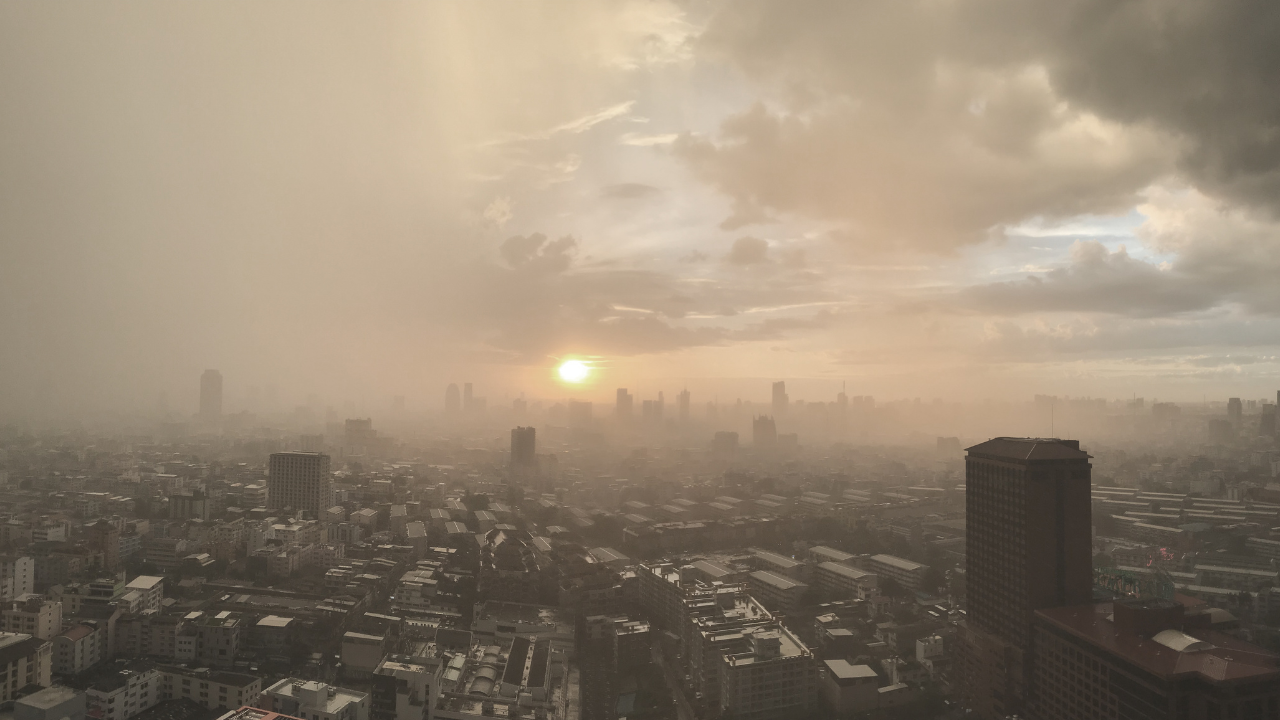Delhi Pollution
Delhi, India’s capital, is known for its rich history, diverse culture, and economic significance. However, it has also garnered a reputation for its persistent air pollution, especially during the winter months. The city’s air quality often falls into the “severe” category, posing a significant health risk to its residents. In this blog, we’ll explore 11 practical tips to help you deal with Delhi pollution and protect your health.
Monitor Air Quality
The first step in dealing with Delhi pollution is staying informed about the current air quality. There are various smartphone apps and websites that provide real-time air quality index (AQI) updates. Keep an eye on these resources to plan your outdoor activities accordingly.
Invest in Air Purifiers
Consider installing air purifiers in your home, especially in bedrooms and living spaces. High-efficiency particulate air (HEPA) filters can help reduce indoor pollution and create a safer environment for you and your family.
Use N95 Masks
When stepping outside, wear N95 or N99 masks to filter out pollutants, including PM2.5 and PM10 particles. Ensure that the mask fits snugly to maximize its effectiveness in protecting your lungs.
Stay Indoors During Peak Pollution Hours
Delhi pollution levels are typically highest in the early morning and late evening. If possible, limit outdoor activities during these times, as pollutants tend to settle close to the ground due to lower temperatures and reduced wind speed.
Read: Drink Cucumber Water Daily: 8 Benefits
Keep Your Home Well-Ventilated
Maintain good indoor air quality by allowing fresh air to circulate. Use exhaust fans or open windows during the day when pollution levels are relatively lower. Ensure that your home is well-ventilated without compromising your safety.
Use Air Quality Monitors
Invest in an indoor air quality monitor to keep track of the pollutants inside your home. This can help you make informed decisions about when to use air purifiers or ventilate your living spaces.
Stay Hydrated
Proper hydration can help your body eliminate toxins more effectively. Drinking an adequate amount of water can aid in reducing the impact of pollution on your health.
Consume Antioxidant-Rich Foods
Foods high in antioxidants, such as fruits and vegetables, can help protect your body against the harmful effects of pollution. Consider incorporating more antioxidant-rich foods into your diet.
Reduce Physical Exertion
Avoid strenuous outdoor activities when pollution levels are high. If you need to exercise, consider indoor activities or choose times when the air quality is better.
Plant Indoor Air-Purifying Plants
Certain indoor plants, such as spider plants, peace lilies, and snake plants, can help improve indoor air quality by absorbing pollutants. These can be a natural and aesthetically pleasing addition to your home.
Support Policy Initiatives
Advocate for stronger environmental policies and participate in local initiatives aimed at curbing pollution in Delhi. Individual efforts can make a difference, but systemic change is also essential.
Dealing with Delhi pollution is a shared responsibility, and taking steps to protect yourself and your loved ones is crucial. By monitoring air quality, using protective measures, and making lifestyle adjustments, you can mitigate the impact of pollution on your health. Additionally, supporting broader efforts to improve air quality in the city is essential for a cleaner and healthier future for all Delhi residents.
FAQs
Q: Why does Delhi experience high levels of air pollution?
A: Delhi’s air pollution is attributed to a combination of factors, including vehicular emissions, industrial pollution, crop burning in neighbouring states, construction activities, and atmospheric conditions. The geographical location of Delhi, with its surrounding topography, also contributes to the trapping of pollutants.
Q: How does air pollution affect public health in Delhi?
A: Prolonged exposure to high levels of Delhi pollution is associated with respiratory issues, cardiovascular diseases, and other health problems. Vulnerable groups, such as children, the elderly, and individuals with pre-existing health conditions, are particularly at risk.
Q: What measures are being taken to address air pollution in Delhi?
A: The government of Delhi has implemented a series of measures to combat air pollution, including the introduction of the Odd-Even vehicle scheme, restrictions on construction activities, promotion of public transportation, and the implementation of measures to control crop burning in neighbouring states. Additionally, initiatives to increase green cover and promote cleaner energy sources are being explored.
Q: How can individuals protect themselves from Delhi pollution?
A: Residents can take personal measures to reduce exposure, such as using N95 masks, staying indoors during peak pollution hours, using air purifiers, and maintaining good indoor air quality. Supporting and participating in initiatives that promote sustainable practices, such as tree planting and reducing personal carbon footprint, can also contribute to long-term solutions.
Q: What role can citizens play in reducing air pollution in Delhi?
A: Citizens can actively contribute to reducing air pollution by using public transportation, carpooling, avoiding the burning of waste, and planting trees. Raising awareness about the impact of individual actions on air quality and advocating for sustainable practices can also foster a collective effort toward a cleaner and healthier environment in Delhi.













